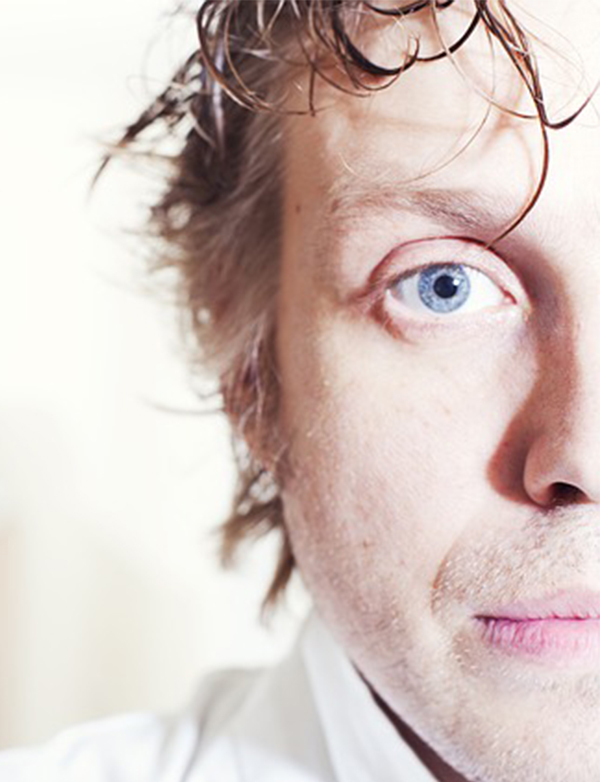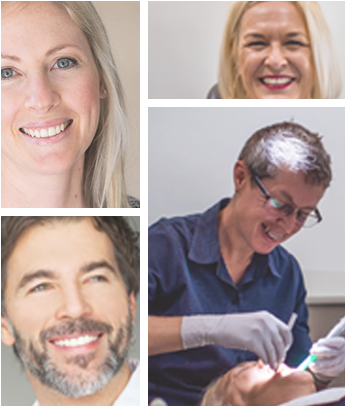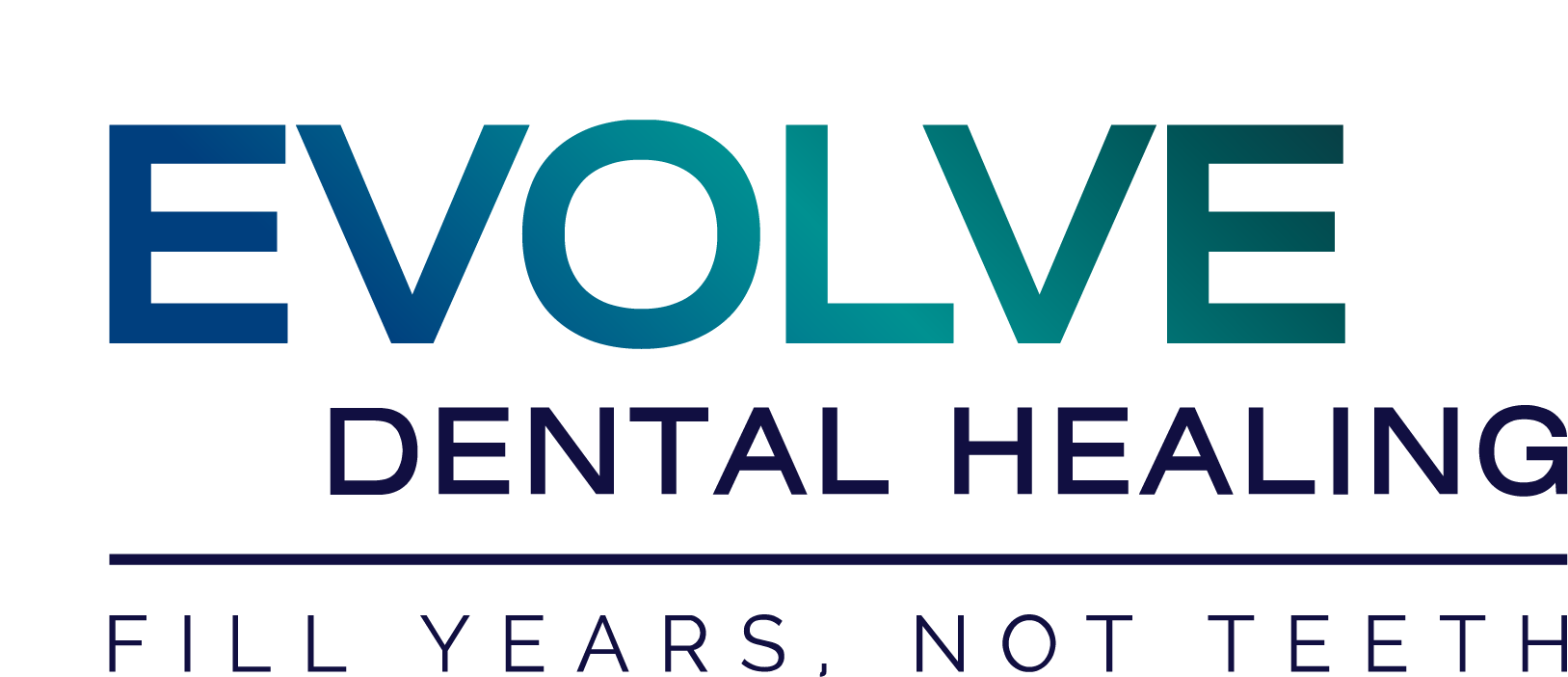Dentistry Is Stressful

Dentistry is stressful for the patient and often for the dentist too.
It is true – being a dentist is stressful.
Most patients dislike coming and are themselves stressed or anxious and this often comes across as rudeness, aggression and irrational behaviour.
Everyone has high and often unrealistic expectations of what you can do with their teeth and hence the results you can achieve. No one seems to appreciate or understand how hard it is to fix a tooth when you are leaning over craning your neck, ruining your posture and straining your eyes just to be able to see it. Add to that battling a sea of saliva and tongues and lips that seem to develop superhuman strength as soon as you come anywhere near them and the process becomes near on impossible.
Dentistry Is Stressful – Why Is That?
Many patients do not want to take your advice and simply think they know best despite the level of knowledge, experience and expertise you have.
Many complain about the bill, are constant worriers and blow things out of proportion, ask the same question over and over even though you spent forever explaining it and even drew them a picture. The challenging patients all seem to be booked in on the busiest and most demanding of days when you are already overwhelmed, pushed for time and frazzled by the constant bickering and the inability of your team to think or organise anything for themselves.
Add to that you are running late, the tax is due and the bookkeeper needs to ask you a million questions, the stock needs ordering and the most vital piece of equipment you need to run your business has just blown up and yes…. you’d be stressed too.
When all these things are taken into account, it’s no wonder dentistry is stressful.
Does Our Training Support Dentists To Deal With The Fact That Dentistry Is Stressful?
So how do dental school and university prepare the fresh-faced young and eager dentist to be able to cope with the pressures they will face once graduated and working in dental practice?
In a nutshell, it doesn’t, what it does do is put you under enormous amounts of pressure to learn, to achieve, and to come up to standard, pass exams every six weeks and see patients on the clinic at the same time.
And what happens if you complain? You are told, “if you can’t handle it here you’ll never cope in the real world”. Not entirely helpful or supportive.
What it fosters is the suck it up and get on with it mentality, you dare not show you are fragile and not handling the workload as that simply doesn’t cut it. There is a massive culture of consuming caffeine, pastries, and sugary snacks and even taking speed to cope with how tired you are from the demands of studying day and night and using alcohol to unwind and party and let off steam.
So no wonder once we do graduate that we then rely on the same coping mechanisms to get by and handle the demands of daily practice, demands that we vent at our staff, patients, families and friends and use to beat ourselves up with.
Eventually, we get sick, develop musculoskeletal problems, anxiety and depression, become de-motivated, resent our job, our staff and our patients and suffer from professional burnout and a higher than average rate of divorce, drug and alcohol addiction and suicide.
Stress In Dentistry
The statistics speak for themselves; in a study from the British Dental Journal July 2004 90% of dentists said they drank alcohol regularly (with 1 in 7 dentists having an alcohol problem),10% smoked and 35% were overweight. 62% suffered from heartburn, wind or indigestion. 60% reported being nervy, tense or depressed, 58% reported a headache, 48% reported difficulty in sleeping and 48% reported feeling tired for no apparent reason.
Results also indicated that levels of minor psychiatric symptoms were high at 32%, similar to doctors at 27% and higher than the general population, which has been reported at 18%.
It is obvious from the studies that dentists do encounter numerous sources of professional stress which can impact negatively on their personal and professional lives, a process that begins in dental school. Because of this dentists are prone to professional burnout, anxiety disorders and clinical depression and must be made aware of the importance of maintaining good physical and mental health to enjoy satisfying professional and personal lives.
Anecdotally, health professionals do not seek help for their own stress and personal frailty readily and instead are likely to put on a brave face and pretend they have the situation under control. Many often refuse to seek help for fear they will be stigmatised or lose their job whilst many others remain in denial.
Self-Care and Stress Management For Dentists
Would it not then be sensible and beneficial to teach dental students, dentists and other health care professionals a different way of managing stress and caring for themselves so they would be better equipped to deal with life once they graduated? Would it not be healthier to find ways so as not feel so stressed in the first place and make that a part of their training? What if we could show them and dentists already in practice how to live in a way that supports them to deal with their issues and stresses and thus be able to maintain their own health and remain fit and healthy both physically and mentally?
The philosophies and modalities of Esoteric Healing as taught by Serge Benhayon and Universal Medicine present a way of living that can provide this level of self-care and support. They are not airy-fairy mumbo jumbo nor are they difficult to apply. What Serge Benhayon presents, in reality, is a simple common sense approach to health and vitality that encourages you to care for and respect for your body, an approach that is being supported by science and research studies.
Some of these philosophies and approaches to self-care include:
Eat to Support the Body
By assessing how the body reacts to foods (and situations) we can see what is beneficial and what to avoid such as gluten, dairy, sugar, caffeine and alcohol as these can cause harm to the body or may make you feel unwell. It is also a well-known fact that what we eat can affect our mood and wellbeing.
Sleep Quality
Go to bed early after unwinding from your day to support you to get plenty of good quality sleep. Wake when your body feels to, not when the clock or society says you should, which may be earlier than you are used to. Once you establish a healthy sleep pattern you awake less exhausted and full of energy.
Be in Control of Your Choices
Every choice we make affects and contributes to what happens in our life. These choices can either be caring and nurturing of self or not. The body constantly communicates with us about how those choices impact on it. If we override or ignore those messages instead of addressing them (eg every time I get frustrated I get a headache) then eventually the body will suffer aches and pains, digestive problems, emotional fluctuations, stress, tension etc and illness can result.
Gentle exercise
Exercise gently to keep the body fit, strong and supple. This assists us to be physically healthy without overstressing the body, causing muscle tears or injury and producing excess lactic acid build up which can cause pain and stiffness.
Focusing the Mind
The constant chatter of our mind and thinking about other things and situations instead of the task at hand is draining and stressful. It is like a computer trying to run several programs at once, it uses up a lot of energy and drains the batteries. By remaining more present and focusing the mind to what is occurring in each moment we save energy and reduce stress levels. By switching off the incessant brain chatter it is easier to connect to the body and how we feel and thus remain calm.
Meditation, Breath and Body Awareness
The Gentle Breath Meditation can help to calm and de-stress the body and provide a moment to stop and reflect on how we are. Being aware of our breath allows us to feel when we are stressed or holding tension. By breathing gently we can slow the heart rate, reduce our blood pressure and let go of tension in our body. By tuning in with our body we can feel where we are tight and holding tension; e.g if our jaw is clenched, shoulders are up around our ears, our breath is laboured or whether our movements are rigid, tense and rushed or not; and then choose to let that tension go and allow the body to relax.
If the body is sore, stiff or painful then choose an appropriate modality or practitioner of body-work to assist with the release of tension and address musculoskeletal imbalances.
Seek Support
Sometimes our issues and the pressures that we face are too much for us to handle alone. It is important that we realise that everyone at some point in their life finds it hard to cope and that it is perfectly acceptable to seek support and ask for help.
By developing self-honesty and bringing awareness to the body we can be more connected ourselves and listen to the feedback the body is sending us. We then have the choice to modify our posture, level of tension, breath, eating habits, thought patterns and emotions all of which can impact positively or negatively on our stress levels. We can then deal with our stress from moment to moment rather than waiting for it to build and build until we get sick before we listen and make adjustments to the way that we live.
In this way, we are able to foster the ability to look after ourselves from moment to moment during the day and employ real self-care and thus it becomes easier to reduce stress rather than simply having to manage it. Having less stress in our lives certainly must be a better approach to our health and our daily way of living.
I know personally from my years within dentistry that my coping mechanisms in the past were to turn to alcohol, heavy exercise, food and caffeine and that my moods, sleep patterns and levels of tiredness and exhaustion fluctuated wildly making me short-tempered, prone to outbursts of rage, with difficulty concentrating and a total disconnection to the people I was working with. I was in constant pain with neck, back and muscular issues but never sought help until it affected my ability to work. And then most of what I tried only offered short-term relief without actually addressing the underlying issues.
It was only after attending a workshop with Serge Benhayon in 2004 that my situation and health really began to change. Since then I have employed the methods of self-care as presented by Universal Medicine and found them to be more beneficial than other avenues that I had pursued. I am now a better, healthier and happier dentist able to share what I live with my patients and staff so as to foster an environment of true care within my dental practice in which not only do I feel calm and at ease but so also do my patients and staff.
Self-care is an integral and essential part of having a long and healthy dental career and should be incorporated into the undergraduate curriculum and be offered as part of our continuing professional development education. By equipping people with the tools of self-care that they can carry throughout their career, ill health and the need to use sugar, caffeine and alcohol or drugs as coping mechanisms could be reduced and avoided. In this way, our health care providers would be a living example to those that they are caring for, treating and educating on wellbeing.
Resources
http://www.nature.com/bdj/journal/v197/n2/full/4811476a.html dentistry is stressful
http://www.dailymail.co.uk/news/article-1268417/Stress-driving-doctors-dentists-drink-addiction.html
http://www.nature.com/bdj/journal/v200/n8/abs/4813463a.html stress in dental practice
http://ukpmc.ac.uk/abstract/MED/17449973 general health of dentists
http://onlinelibrary.wiley.com/doi/10.1111/j.2044-8325.1993.tb00524.x/abstractstress and mental health dentists
http://occmed.oxfordjournals.org/content/58/4/275.full job stressors of a dentist and coping mechanisms
https://jada.ada.org/article/S0002-8177(14)61323-4/fulltext stress burnout and anxiety dentists
http://www.jdentaled.org/content/74/2/95.full stress in dental students
http://onlinelibrary.wiley.com/doi/10.1034/j.1600-0579.2002.060105.x/abstractdental students mental stress
http://www.jdentaled.org/content/71/2/197.full emotional intelligence and stress dental students
http://www.biomedcentral.com/1472-6920/9/61/ EI and stress healthcare students
-
Dr. Rachel Hall
Rachel is the founder and principal dentist at Evolve Dental Healing with over 30 years experience, practising holistically since 2001. Not your typical dentist, Rachel is a passionate opinion leader, challenging convention to empower people to make better dental and health choices, helping thousands to have healthy natural smiles. A respected writer and presenter on holistic dentistry, health and wellness it is Rachel’s mission to revolutionise the way people look at their dental health.
Talk to us for more details and information
CONTACT US
67 Kenmore Road
Kenmore Queensland 4069
Phone: 07 3720 1811
Fax: 07 3720 1899
Email: info@evolvedental.com.au
OPENING HOURS
Monday – Friday: 7:30am – 5:30pm
References and Citations Mercury & Amalgam Fillings




